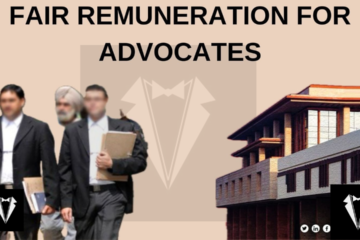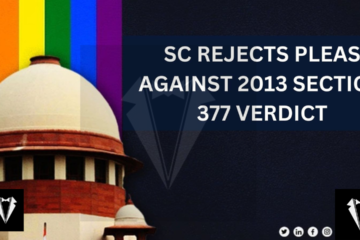
In Delhi, the High Court on Friday disposed of a Public Interest Litigation (PIL) plea aimed at establishing proper guidelines for stipends and remuneration for newly enrolled advocates. The bench, consisting of Acting Chief Justice Manmohan and Justice Manmeet Pritam Singh Arora, deemed the plea premature and observed that the respondents, namely the Bar Council of India and Bar Council of Delhi, had not been given sufficient time to respond since the representation letter was filed on January 24. Consequently, the court directed the respondents to review the representation promptly and issue a reasoned order.
The PIL, presented by Advocate Simran Kumari, urged the Bar Council of India and Bar Council of Delhi to formulate guidelines ensuring fair remuneration. The absence of such fair remuneration not only poses challenges for young law graduates but also influences decisions to shift to alternative professions, argued the plea.
While a representation letter seeking guidelines for establishing a minimum amount of remuneration was sent to the respondents, no response was received, according to the PIL. The primary objective of the PIL was to prompt the creation of “Stipend and Remuneration Guidelines” by the Bar Council of India and Bar Council of Delhi. This initiative aimed to guarantee a fair amount of compensation for newly enrolled advocates and interns associated with law firms or advocates’ chambers, allowing junior advocates and interns to focus on skill development and knowledge acquisition.
The plea highlighted the financial challenges faced by junior advocates and interns, asserting that the legal profession is considered one of the least remunerative for young advocates entering law offices or chambers. The PIL emphasized the importance of supporting young advocates from the outset with fair remuneration and providing stipends to interns to prevent demoralization within the legal community. Advocate Tushar Tanwar represented and argued on behalf of the petitioner.



